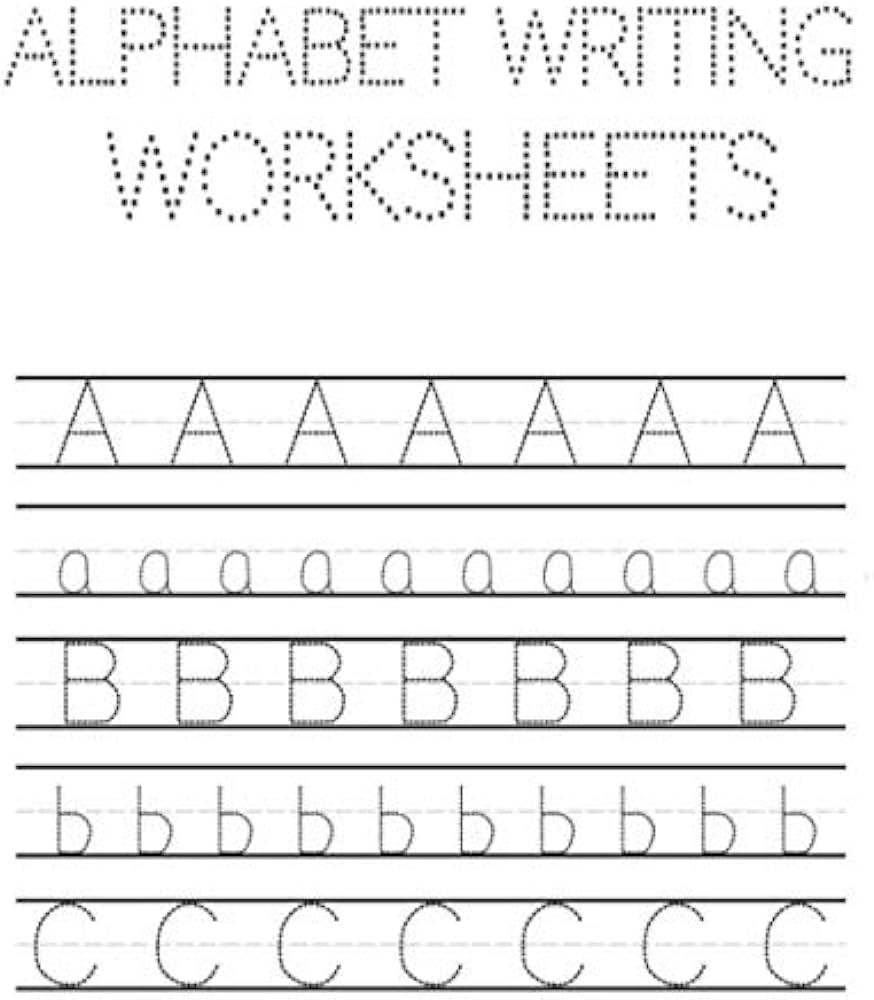Learning to write the ABC alphabet is an essential skill for young children as it serves as the foundation for their future literacy development. By mastering the art of writing each letter, children can improve their fine motor skills, hand-eye coordination, and overall cognitive abilities. It is important to make the learning process fun and engaging to keep children interested and motivated.
Parents and educators play a crucial role in teaching children how to write the ABC alphabet. By providing them with the necessary tools and guidance, children can gradually progress from tracing letters to writing them independently. Practice makes perfect, so regular repetition and reinforcement are key to mastering this skill.
The Importance of ABC Alphabet Writing
Writing the ABC alphabet helps children recognize and memorize the shapes and sounds of each letter. This foundational knowledge is essential for reading and spelling words correctly. By practicing writing the alphabet, children can also improve their penmanship and develop a sense of pride and accomplishment in their work.
One effective way to teach ABC alphabet writing is through hands-on activities and games. For example, parents can create letter tracing worksheets for their children to practice with. Additionally, using colorful markers or pencils can make the learning process more enjoyable and engaging for young learners.
As children progress in their ABC alphabet writing skills, they can move on to forming simple words and sentences. This gradual progression helps them build confidence in their abilities and prepares them for more advanced writing tasks in the future. By mastering the ABC alphabet, children are better equipped to succeed academically and communicate effectively.
In conclusion, ABC alphabet writing is a fundamental skill that lays the groundwork for children’s literacy development. By providing children with the necessary tools, guidance, and encouragement, parents and educators can help them master this essential skill. Through regular practice and reinforcement, children can improve their fine motor skills, hand-eye coordination, and overall cognitive abilities, setting them up for success in school and beyond.
